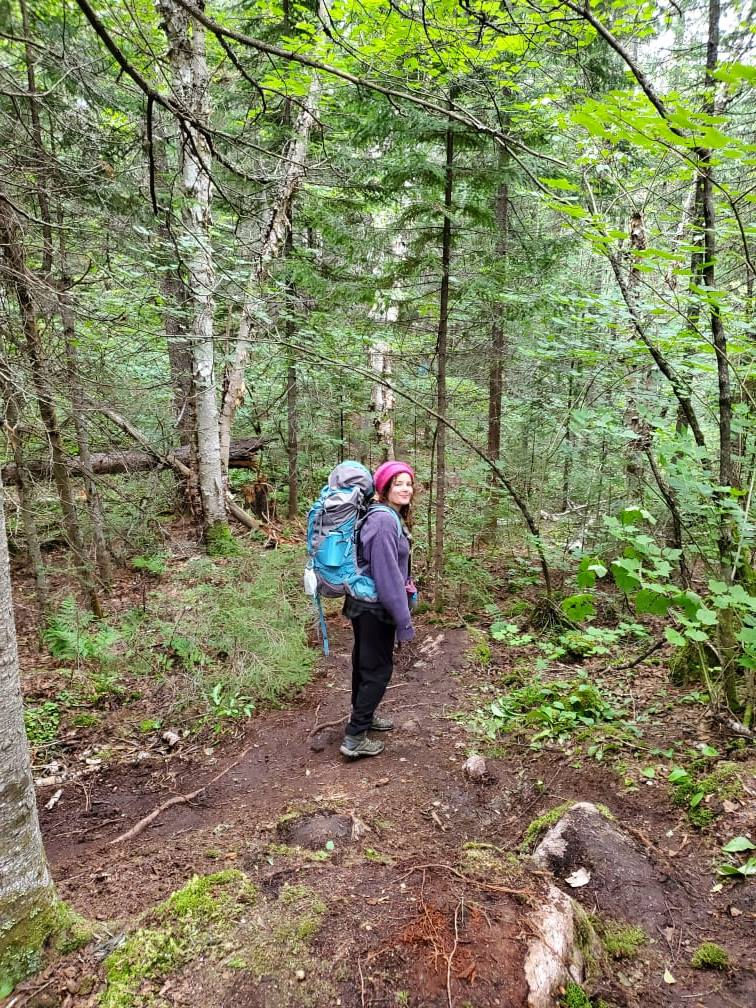
NATURE DEFICIT SYNDROME AND PRIMITIVE REFLEXES
Basically, it means a lack of wild movement and nature, which has a big impact on the development of the child.

MAJOR IMPACTS
Red flag on the development of our children and the future of the next generations!
Literally thousands of studies around the world have further demonstrated the link between optimal development in children and spending a lot of active time in nature. This is hardly surprising: indeed, nature is the perfect environment for children and adults, as described by the Federation for Brain Research:
"Positive effects on stress, sleep, concentration or even mental health, the benefits of nature on our brain are numerous today, and this from a young age. Recent research in neuroscience shows that nature would have protective effects against the onset and development of neurological or psychiatric disorders ".
The infinite variety of textures, sensations, colors, temperatures, sounds, the presence of natural elements, animals, insects, earth, water; the calm rhythm, the infinite affordances that are offered, even the substances emitted in the air that we breathe by plants participate in putting everything in place so that humans can
to develop there optimally.
In contrast, the lack of nature in the lives of our Western children over the past 20-30 years has brought to light what Richard Louv, a renowned author in the world of early childhood education, named in his book
"Last Child in the Woods: Saving our children from Nature Deficit Disorder"
or "nature deficit syndrome", that is to say a whole set of physical, emotional and cognitive "symptoms" which appear when a child and a whole society withdraws from nature, stops playing outside and withdraws. shore on screens, among others.
We must mention Richard Louv does not go so far as to talk about neural connections, neurosensory development nor the physiologically demonstrated role of sensory stimuli from nature on which our youngsters crucially depend for optimal development.
Mother Nature is, unless you know otherwise, the very first in the world to link together neuroscientific knowledge, neuronal and neurosensory development with the primary need for nature and deep sensitivity.
Mother Nature's experience has enabled her to identify many symptoms being linked to a decrease in neurosensory and reflex stimulation:
- Weakening of the will
- Weakened ease of learning and imitating
- Weakening of creative free play
- Weakened ability to wait and observe
- Poorly adjusted reactions to situations (too much or too little)
- Sleep disorders
- Eating and weight disorders
- Increased anxiety
- Increased difficulty in attention and concentration
- Increased impulsivity
- Increased hypersensitivity
or on the contrary be hyposensitive
- Increase in seizures, resistance and the opposition
- Decreased patience and perseverance
- Lack of self-confidence
- Various compensation strategies
- Search for intense stimulation
- Constant search for attention or deviant behavior
- Emotional and affective insecurity
- Detachment from others, emotional insensitivity
- Etc.
As the brain depends on nature which offers it sensory stimulation and abundant movements every day to ensure optimal neuronal and reflex balance, the link to be made is simple: the more children adopt sedentary behaviors, the less they move, the less brain is fit and alert. The less connected they are with themselves, with others and with the world around them.
What if so-called "hyperactive" children actually move to give their bodies those famous essential wild movements * which allow their brain to function and connect to the body? What if the attention deficit is, for many of them, a deficit of movements and nature?
* Terms created by Julie Filiatrault, La Mère Nature. To find out more, click on the button below.
CASE OF CONSCIOUSNESS: SCREENS
Benoit asks himself the question: does leaving children and adolescents in front of screens amount to abuse, as a doctor of neuroscience claims in his most recent book? He discusses it with Joel Monzée, doctor in neuroscience. Joël Monzée has a multidisciplinary training. It combines knowledge of the brain, psychology, pedagogy and ethics to encourage benevolence in all spheres of human experience.
Documentary on the fight of humanity with social networks





